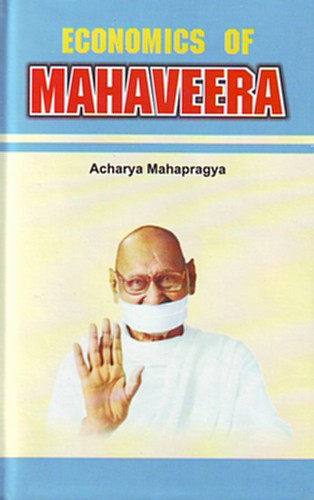
One concept that has held sway is one of fatalism. In India and in the Asian continent, belief in fatalism has been very deep. Man would sit idle assuming that things would happen automatically as God wills them, or things would happen the way it is carved out in one's own fate. Why then exert unnecessary? This mentality of fatalism has contributed immensely to the increase in poverty and unemployment.
Mahavira was a believer in anekanta philosophy. He was neither a fatalist nor a believer in human effort only. In his philosophy, there was an amalgam of both. Fate does play its part, but human effort has so much power that it can change the fate.
Mahavira subscribed to the theory that things do not happen as determined by fate. Many philosophers have held the view that things happen in a way that is delineated by fate and nobody can change it. Mahavira did not advocate such a premise. He enunciated new principles of karmwad, the duty to carry out one's obligations, and said that while fate is, of course, one of the factors in guiding our activities, it is not the sole factor. Fate also can be changed by human effort.
 Acharya Mahaprajna
Acharya Mahaprajna

